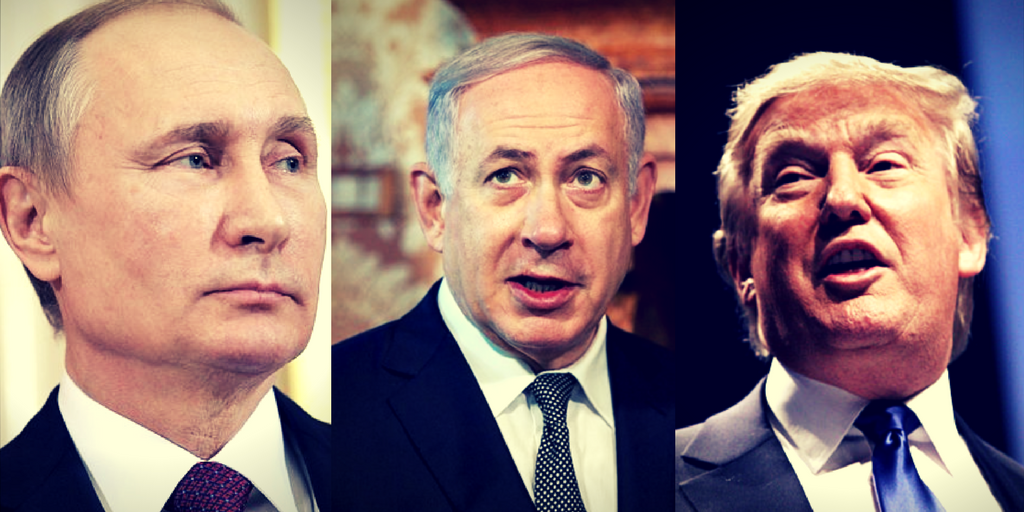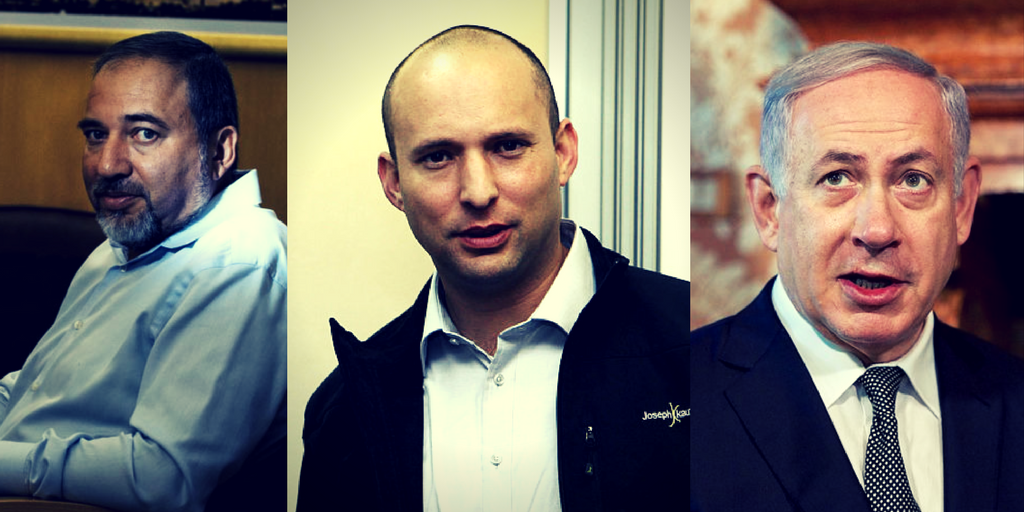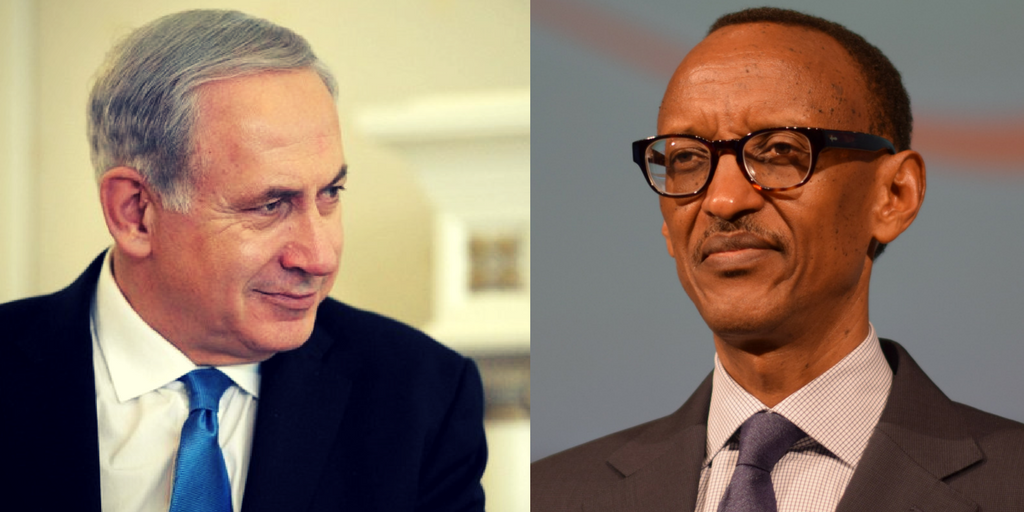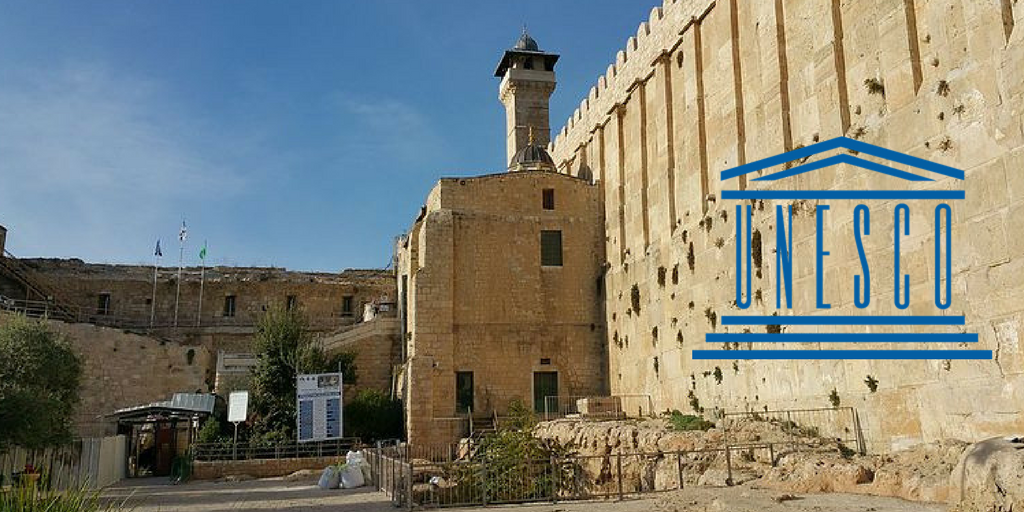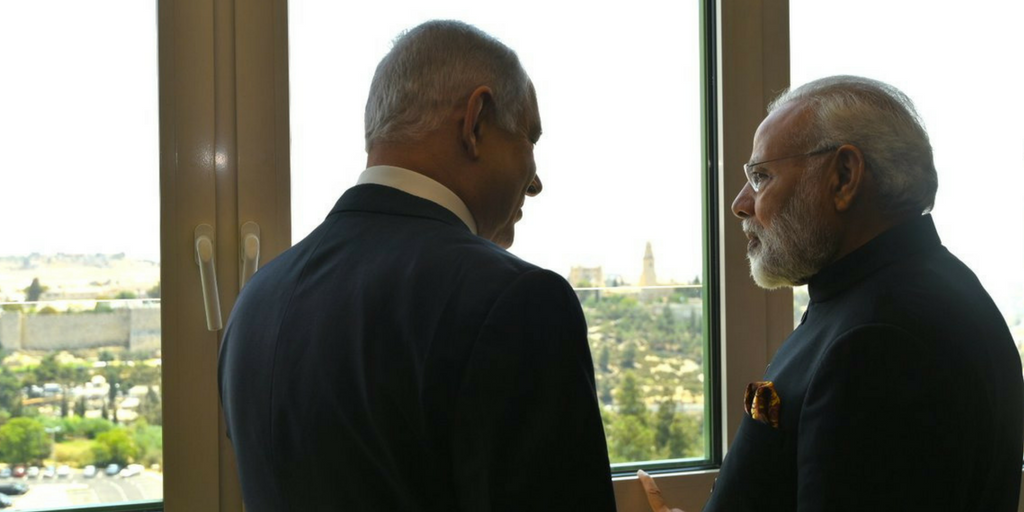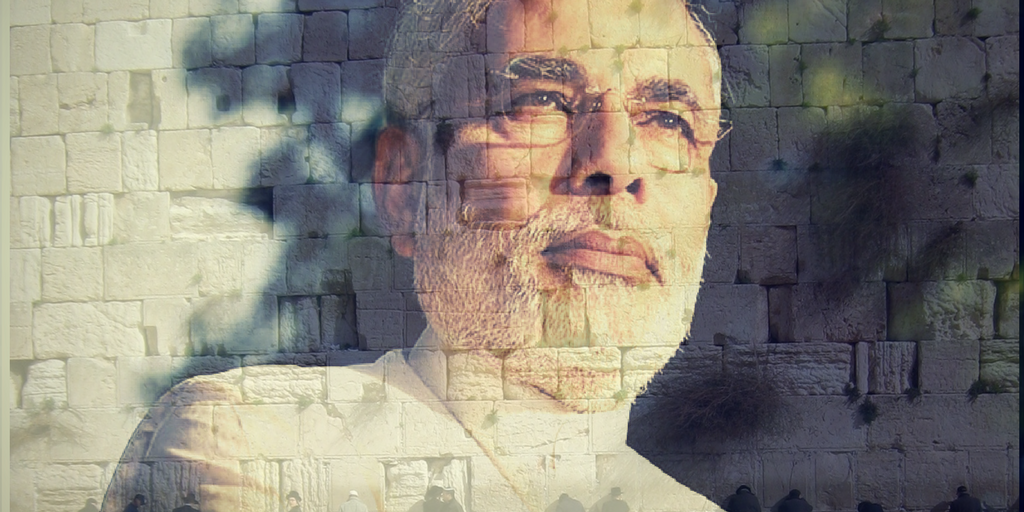Indian Prime Minister Narendra Modi’s visit to Israel this week marks more than the 25th anniversary of diplomatic ties between the two nations.
It marks as well Israel’s coming of age as a nation.
When in 1992, India and Israel forged full diplomatic relations, the Indian government was reacting to a transformation in the international arena, rather than to changes that were specifically related to the Jewish state.
In 1991 and 1992, in response to the US victory over the Soviet Union in the Cold War, a large group of countries restored or inaugurated full diplomatic relations with Israel. These states – including the Russian Federation and China – had by and large been either on the Soviet side of the war, or leaned toward Moscow. Their refusal to forge full ties with Israel, a key US Cold War ally, became a liability in the US-dominated post-Cold War global order. Hence, they abandoned their Cold War rejection of Israel and instead embraced it.

Although ingratiating themselves with Washington loomed large in the considerations of most governments involved, they also took the step due to Israel’s independent power. If Israel had been a strategic basket case facing an uncertain future, then even in the face of the demise of the Soviet Union, Moscow and its allies could well have had second and third thoughts. Why anger the Arab world by recognizing a soon-to-be gone Jewish state?
Had Israel recognized and built on the sources of its power and attraction for other governments, it would have spent the rest of the 1990s strengthening itself still further – defeating Hezbollah in Lebanon, weakening the Iranian regime and working with the Americans to end its ballistic weapon program. It would have moved quickly to liberalize its economy to enable the million new Israelis from the former Soviet Union to immediately transform Israel into the global innovator rather than waiting for this to gradually occur over decades.
Instead, in 1993, then prime minister and defense minister Yitzhak Rabin and then foreign minister Shimon Peres decided to go off on a strategic tangent.
Ignoring or failing to understand the implications of the US Cold War victory and the economic and national security implications of the aliya wave from the former Soviet Union, Rabin and Peres decided the key to everything was appeasing the PLO – a terrorist organization whose declared intention was to annihilate Israel through a mix of terrorism and political warfare.
As far as they were concerned, nothing that had just happened in the world had strategic implications for Israel. Rather, Israel’s diplomatic, military and economic power were all contingent on making peace by appeasing the PLO.
To implement that strategy, Rabin and Peres and their government lobbied foreign governments to support the PLO militarily, financially and politically (not that anyone needed much convincing).
And they transformed the IDF. Rabin and Peres instructed the IDF General Staff to “change its diskette” in relation to the PLO and to fighting terrorism.
No longer were Israel’s generals to aspire to defeating terrorists. They were instead ordered to facilitate appeasement – through the transfer of land and military power to the PLO. The PLO, Rabin told them, could defeat terrorism more effectively than the IDF could. And all Israel needed to do to induce Yasser Arafat to defeat the forces he built, paid and commanded was shower him with money, territory, firepower and international legitimacy. The PLO was not Israel’s enemy. It was Israel’s peace partner.
Not surprisingly, this didn’t work out at all.
Israel’s diplomatic position collapsed. The international community effectively sided with the PLO against Israel when it rejected peace and initiated its terror war against Israel in 2000. Since then Israel has found itself targeted by political and economic warfare from the EU, its second largest trading partner and its previously fairly supportive strategic ally. Following Europe’s lead, the American Left has incrementally abandoned its pre-1993 embrace of Israel.
As for security, in the seven years of the peace process that ended with the PLO’s rejection of peace and instigation of its terror war against Israel, the number of Israelis killed by Palestinian terrorists was twice what it had been in the previous 15 years. More than 1,500 Israelis have been killed by Palestinian terrorists since 1993. More than 10,000 have been wounded.
Buffeted by the utter and complete failure of the appeasement strategy, since Prime Minister Benjamin Netanyahu returned to power in 2009, he has gradually restored Israel to the classic notions of national development.
Building on the market reforms he initiated in his first tenure as prime minister from 1996 to 1999 and his stint as finance minister from 2003 to 2006, Netanyahu has overseen the continued liberalization of the economy and expansion of Israel’s international markets to ensure the continued expansion of the economy and increase Israel’s attractiveness as a trading partner and investment hub.
Abandoning the PLO appeasement strategy, which made Israel’s diplomatic standing contingent on PLO approval, Netanyahu has based his diplomatic strategy on Israel’s economic and attractiveness and stability. He has emphasized the aspects of Israel’s economy – technological and agriculture prowess – among other things, where Israel has a comparative advantage to draw international actors to its shores.
While decoupling Israel’s diplomacy from the PLO, he has also gradually rolled back the legitimacy Israel unwisely conferred on the terrorist group 24 years ago.
The fact that Modi has opted not to visit the PLO-controlled Palestinian Authority in Ramallah demonstrates the wisdom and success of the strategy. Modi may or may not be interested in establishing a PLO state, but he is very interested in developing his own economy. Modi recognizes the synergies between Israel’s comparative advantages in military and economic technologies and India’s needs.
As the leader of a democracy, his first interest is advancing his country’s needs. Whether or not there will be peace between Israel and the Palestinians has no impact on India’s security and prosperity.
Modi’s historic visit is a good opportunity for Israel to understand where it now stands and what it must do to maintain and expand its current success into the future. We must never again be seduced into believing that our nation’s fate will be determined by eternal factors. Whether Israel continues to prosper in security in the company of friendly trading partners and strategic allies is largely in our hands.
If we continue the hard work of growing our economy and defeating rather than appeasing our enemies while basing our diplomacy on what we have to offer the nations of the world we will ensure our prosperity and build a peaceful future for ourselves and all of our neighbors.
Originally Published in the Jerusalem Post.




